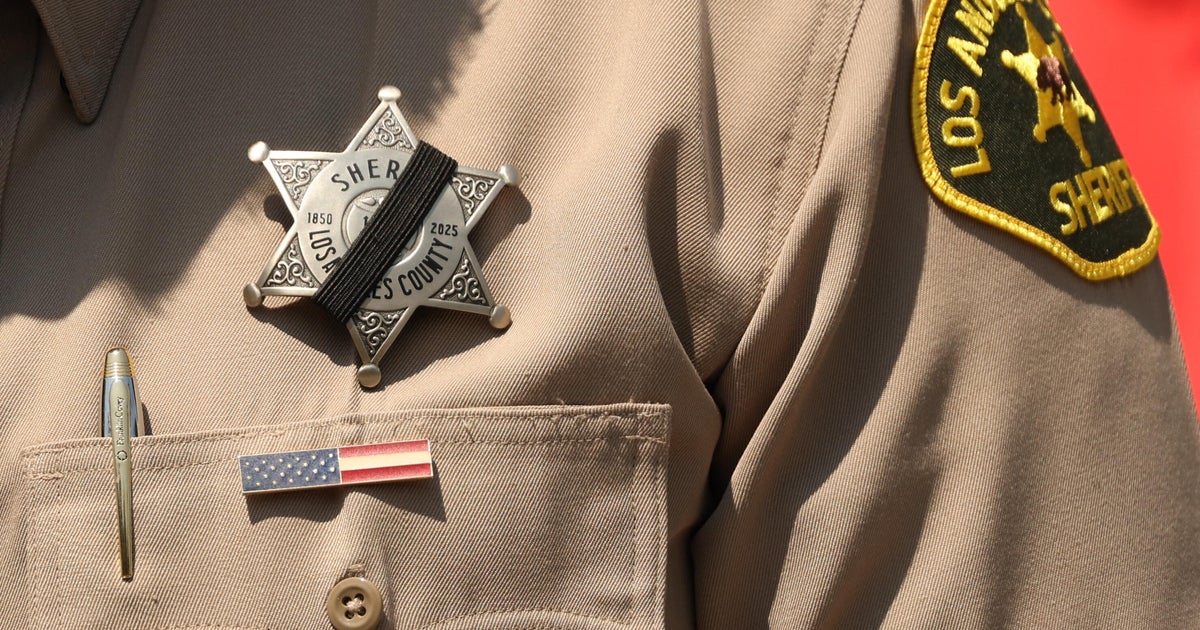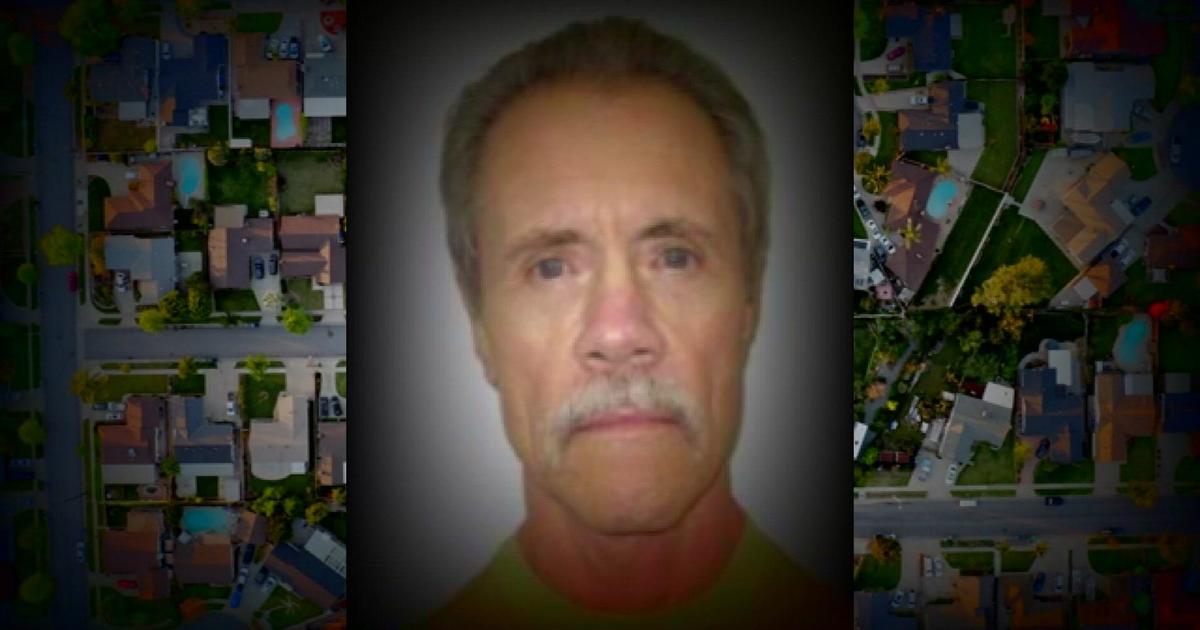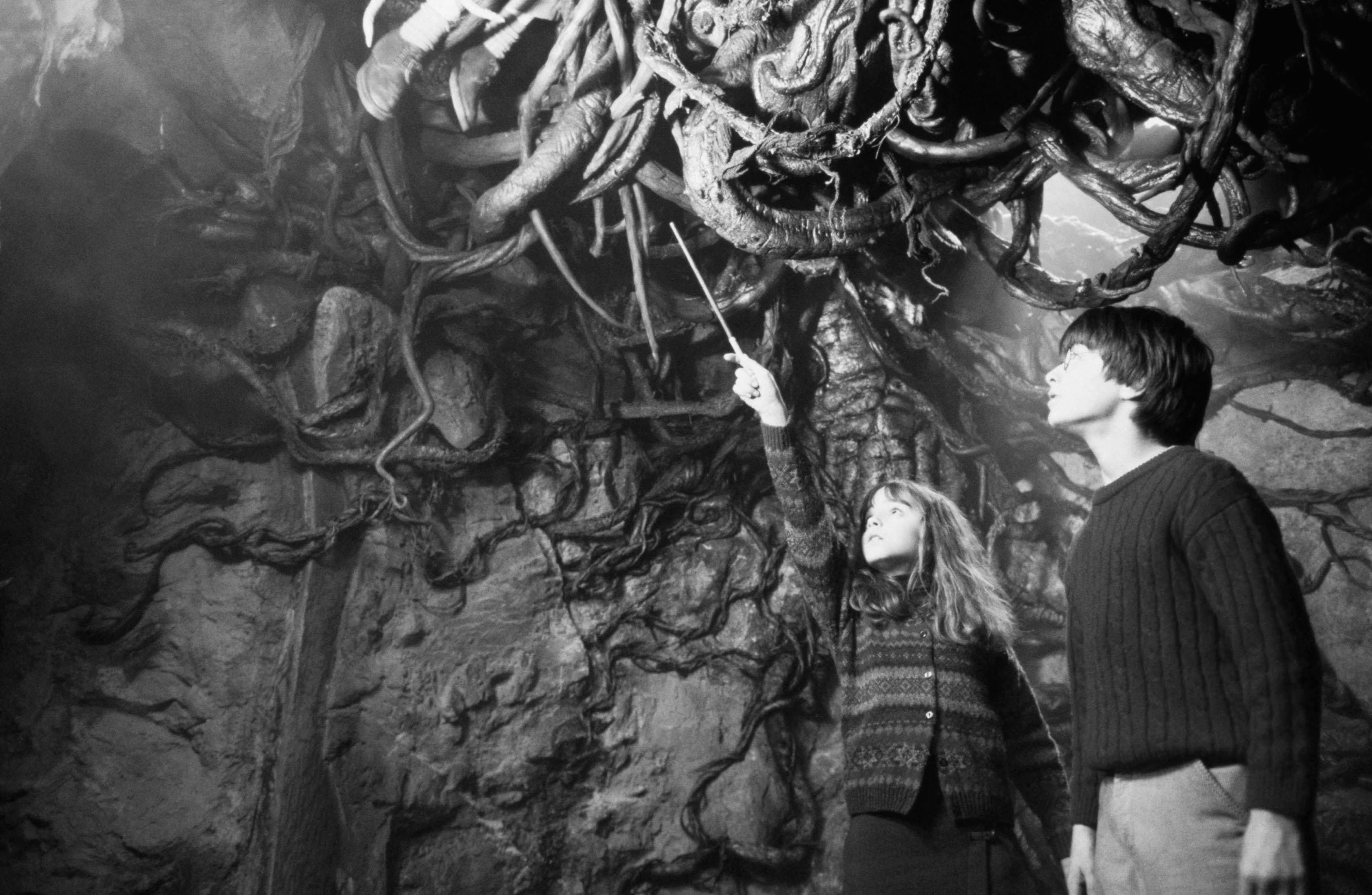Prince Harry says he's used psychedelics to help cope with grief
After his mother's death, Prince Harry says he found a sense of purpose serving in combat with the British Army in Afghanistan. But in his new book, "Spare," Harry writes that when he returned home in his late 20s, he felt "hopeless" and "lost."
Speaking with Anderson Cooper, Harry said he'd been fighting an internal war since Princess Diana's death and felt a great deal of anger towards the British press for its role in her death. Diana was killed in a car crash while being pursued by paparazzi in a Paris tunnel.
"I had a huge amount of frustration and blame towards the British press for their part in it," Harry said. "It was obvious to us as kids the British press' part in our mother's misery and I had a lot of anger inside of me that luckily I never expressed to anybody. But I resorted to drinking heavily. Because I wanted to numb the feeling, or I wanted to distract myself from how… whatever I was thinking. And I would, you know, resort to drugs as well."
Harry admits he smoked pot and used cocaine.
"There was this weight on my chest that I felt for so many years that I was never able to cry," Harry said. "So I was constantly trying to find a way to cry, but— in even sitting on my sofa and going over as many memories as I could muster up about my mum. And sometimes I watched videos online."
"Of your mom?" Cooper asked.
"Of my mom," Harry said.
"Hoping to cry?" Cooper asked.
"Yup," Harry said. "I couldn't."
- How fatherhood helps Prince Harry understand Princess Diana
- Prince Harry: The 60 Minutes Interview Transcript
He sought out help from a therapist seven years ago and reveals he's also tried more experimental treatments.
"You write in the book about psychedelics," Cooper said. "Ayahuasca, psilocybin, mushrooms. They were actually important to you."
"I would never recommend people to do this recreationally," Harry said. "But doing it with the right people, if you are suffering from a huge amount of loss, grief or trauma, then these things have a way of working as a medicine."
"They showed you something," Cooper asked. "What did they show you?"
"For me, they cleared the windscreen, the windshield, the misery of loss," Harry said. "They cleared away this idea that I had in my head that— that my mother— that I needed to cry to prove to my mother that I missed her. When in fact, all she wanted was for me to be happy."



